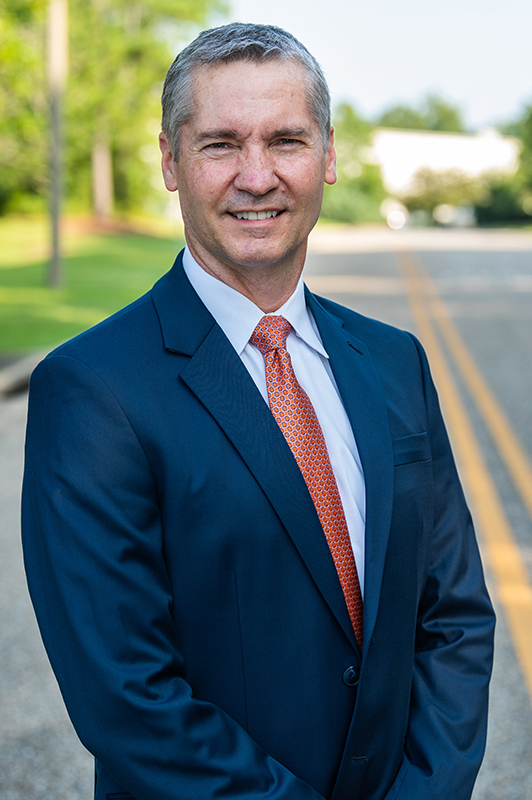- Spring 2023
Peer Pressure
The term “peer pressure” typically brings to mind a negative connotation, such as the influence of people to do dangerous activities or socially unacceptable behaviors. In my mind, I picture teenagers influenced by friends regarding how they dress, how they communicate, what they do for fun, and even what they believe. Peer pressure can certainly influence more risky behaviors. However, peer pressure can also have positive outcomes – think exercising, work ethic, giving to others. In many ways, we are influenced by our peers and, similarly, we influence them.
For three weeks in March, Fan Yin, Jim Musselman and I presented a roadmap for Balanced Mix Design (BMD) implementation the day before a series of regional BMD peer-exchanges. Peer-exchanges are helpful forums for State DOTs to discuss motivations, challenges, innovations, share goals, and learn and hear from one another. The BMD peer-exchanges are hosted by FHWA and organized by the University of Nevada, Reno (UNR) and Applied Research Associates (ARA) through a cooperative agreement. Typically, these regional peer-exchanges involve technical leaders from six to ten State DOTs. FHWA, UNR, and ARA help to facilitate the conversations. A BMD survey is sent to participants in advance to gather information on where they are on certain decisions and goals. During the peer exchanges, discussions are typically handled round-table style, giving each participant time to provide experiences, questions, and insights to each other.
Feedback from these peer-exchanges has been extremely positive. In each exchange, one or two states are typically much farther along with BMD implementation than the others and one or two states are still in the early planning stage. I’ve noted in many BMD workshops that implementation of BMD will be a bigger change for the asphalt community than the implementation of Superpave. It’s clear from the handful of states that are already well down the path, that the process will probably take seven to ten years. That doesn’t mean we should not consider implementation to be urgent. The reality is that there are several tasks that will take years to effectively complete. Just ask or observe agencies that are the early adopters of BMD.
Through the pandemic, we all missed face-to-face professional interactions from meetings and conferences. It is important that we participate in the informal peer-exchanges that occur in state, regional, and national meetings to share experiences about what works and does not work. One of the unfortunate things about some government agencies is their restrictive travel policies that severely limit their staff’s opportunities to interact with their peers. To increase the value of the meetings you attend, seek out your peers and ask them about their experiences with implementing BMD or some other hot topics. I’m sure you’ll get some good ideas by doing so.
I look forward to seeing you out there and hearing your thoughts.

Randy C. West, Ph.D., P.E. | Director and Research Professor